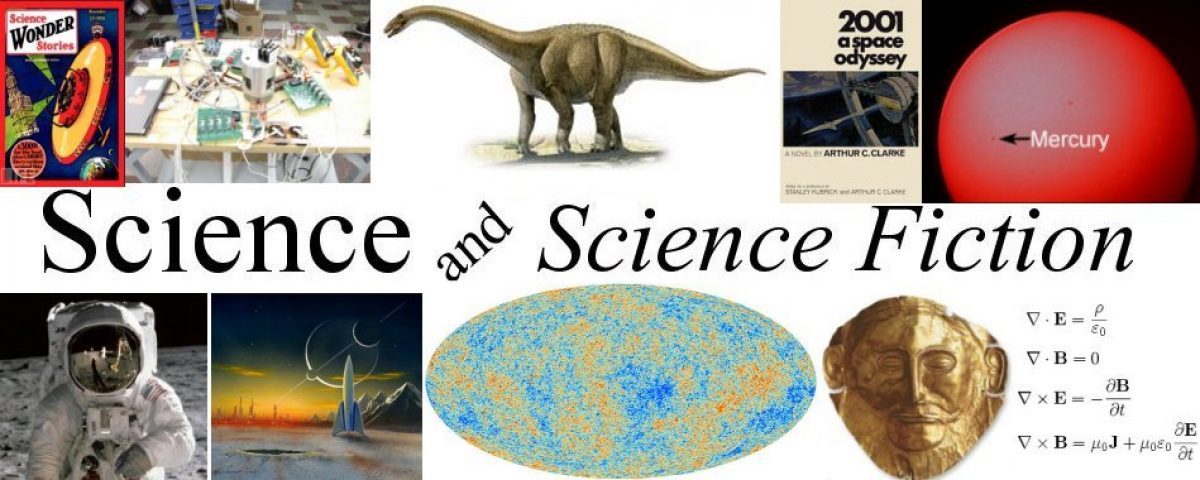The new movie ‘Belfast’ from writer / director Kenneth Branagh is a semi-biographical account of his own experiences as a young boy living through ‘The Troubles’ that broke out in Northern Ireland during the late 1960s. And while ‘Belfast’ may not be science fiction it is an important film showing how the smallest of differences between people can be exploited to generate a hate that can last for decades.
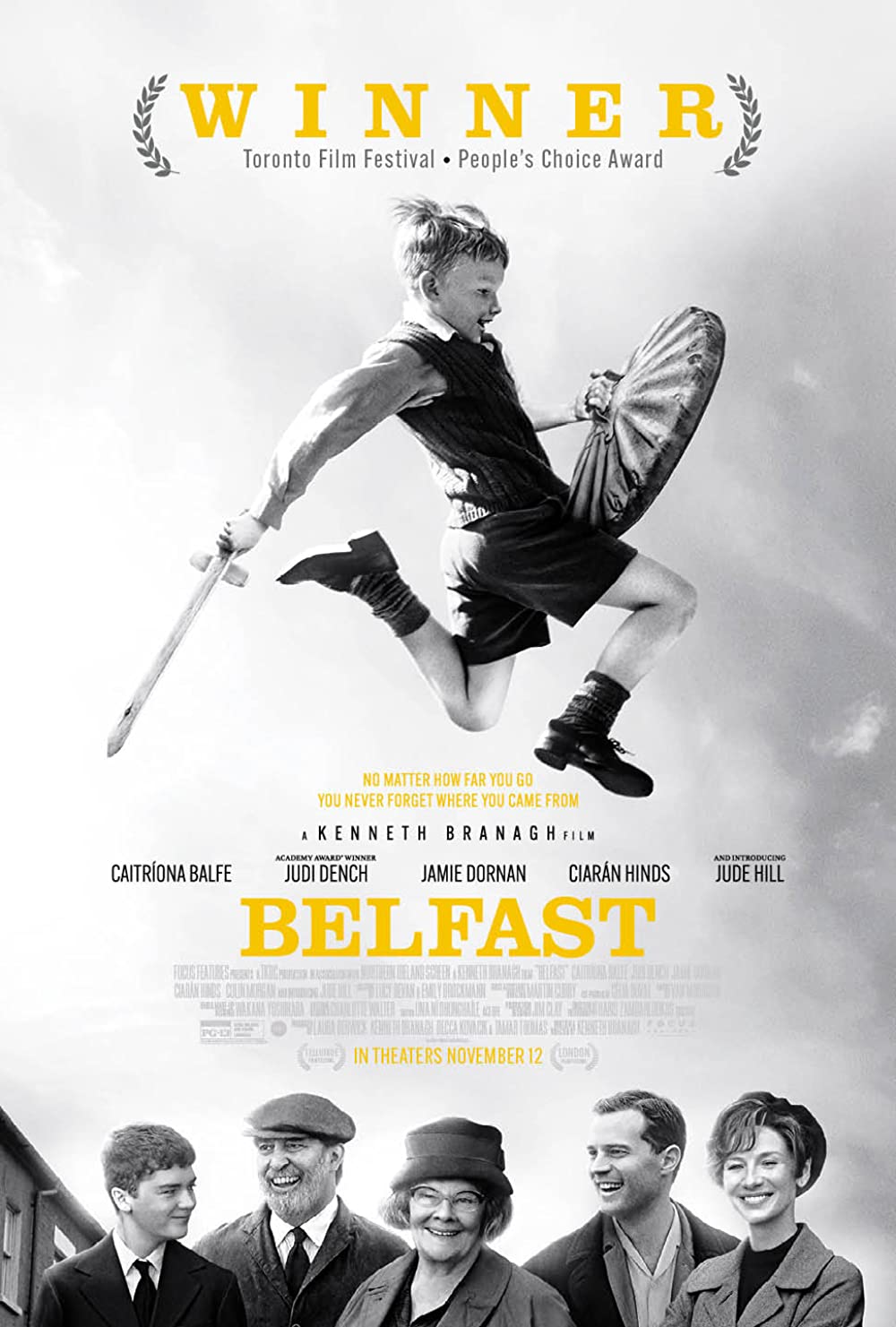
Now a bit of self disclosure to start. By descent I am much like Ireland herself, three quarters Irish Catholic and one quarter Scots-Irish Presbyterian so I’ve known about ‘The Troubles’ my entire life and in some sense they are actually inside of me. (I’ve always loved the old George Carlin line, “I used to be Irish-Catholic, now I’m an American, ya grow!”)
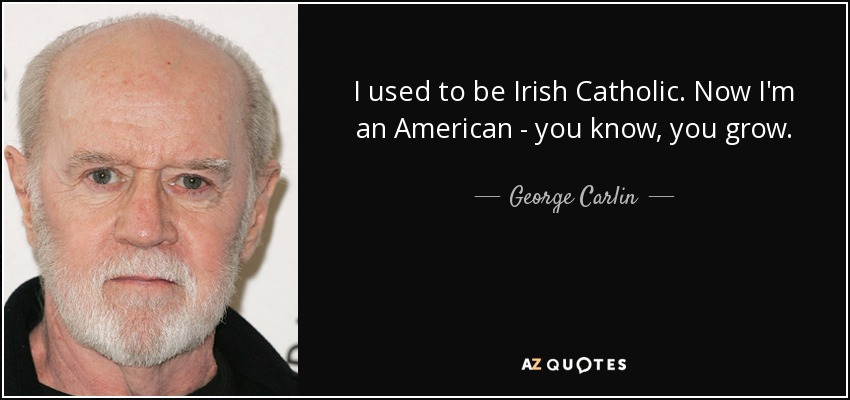
And another thing I’ve recognized my entire life is that, if you showed pictures of Irish Catholics and Scots-Irish Protestants to 95% of the people in this world not only wouldn’t they be able to tell the difference between them most probably wouldn’t even know what you’re talking about. Think about it, would someone from China be able to tell? Would someone from Bolivia? Pakistan? Chad?
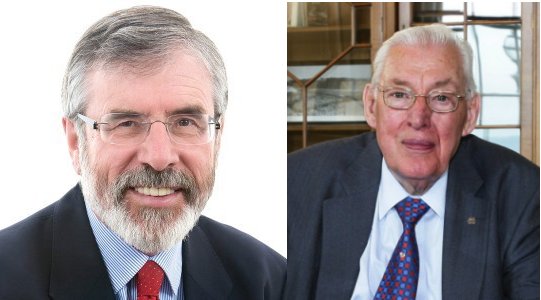
The truth is that the people of Northern Ireland are really all the same, one people living together and it takes a lot of hatred and anger to find enough differences to start a quarrel. And maybe that’s true of the whole world, don’t you think?
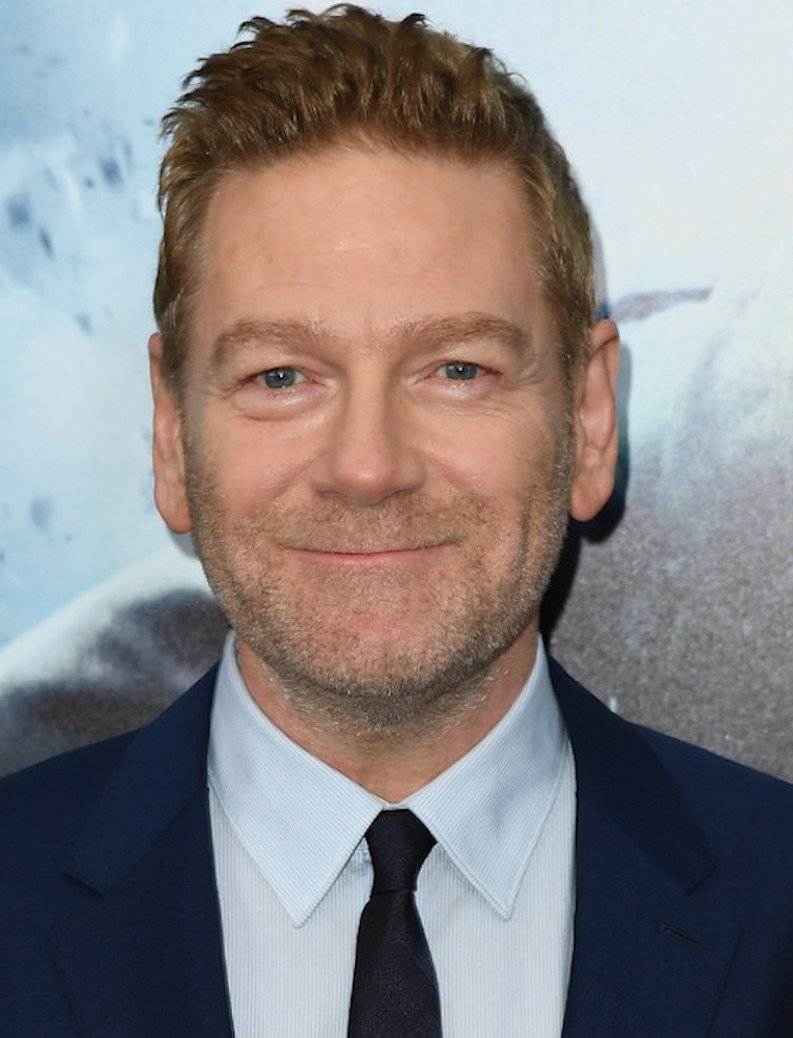
That’s enough sermonizing, back to the movie ‘Belfast’. The story centers around a young boy named Buddy, played by newcomer Jude Hill. Buddy is a Protestant who lives with his family on a street that also has several catholic families so their street becomes one of the centers of violence as ‘The Troubles’ erupt. Buddy’s family includes his mother, played by actress Ciatriona Balfe, his father, actor Jamie Dornan and older brother Will, played by Lewis McAskie.

Family is a strong theme running throughout ‘Belfast’ nearly every other actor is listed in the credits as ‘Auntie Violet’ or ‘Cousin Vanessa’ or ‘Uncle Sammy’. And family plays a role in the plot because while Buddy’s father wants to protect his family by leaving the country his mother can’t bear the idea of moving to Canada or Australia because, “we won’t have any family there!”
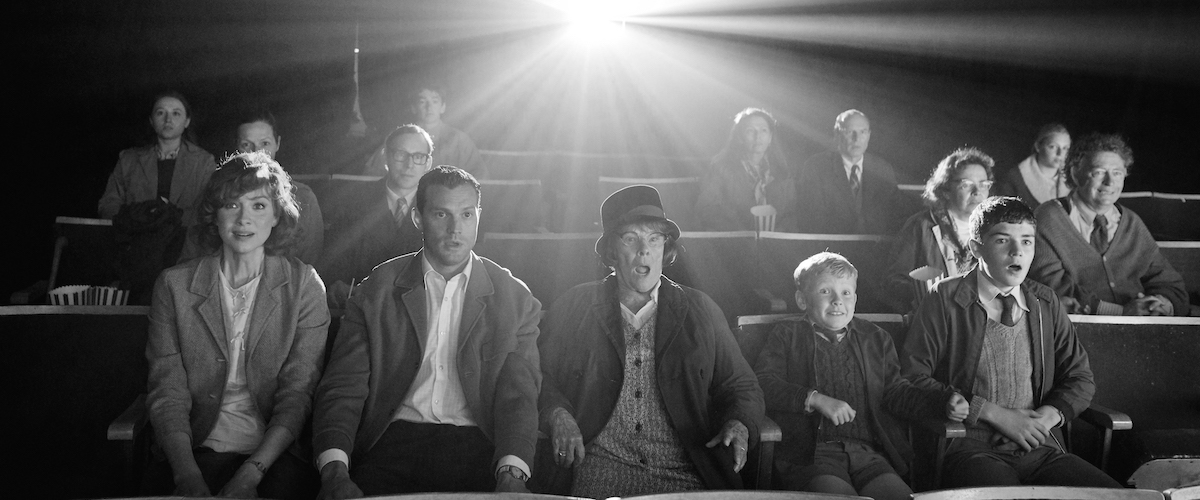
As we view the events of ‘Belfast’ through the eyes of a young boy we also see those things that are important to a child, his friends, his toys, TV shows. And from this viewpoint we don’t really learn much about ‘The Troubles’, the causes or the leaders, we simply experience them as sudden, chaotic and frightening. I don’t know if it was director Branagh’s intention to portray the causes of violence as unimportant but that is a message I got, and maybe children who don’t understand the causes of the violence around them are actually wiser than we are.
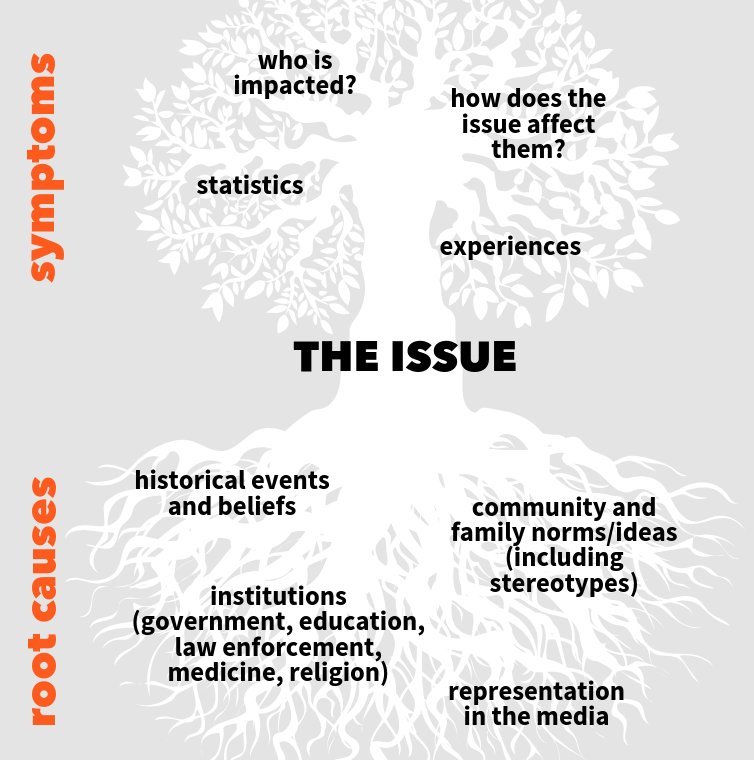
And that’s what makes ‘Belfast’ an important movie for today. In a world where those whom we’ve elected to govern us are behaving more and more like bratty children, where any perceived insult is a reason to start shooting, where every issue is viewed through a lens of ‘us’ versus ‘them’ seeing such childish attitudes from a child’s viewpoint may actually remind us that we’re supposed to be adults. Well maybe!

I do have a few criticisms of ‘Belfast’, one in particular. The movie is mostly filmed in black and white because we all know that the 1960s were in black and white, really some directors just think that black and white gives a film an ‘olde time’ feel. Some parts are in colour however, for example when the family goes to see the movie ‘Chitty Chitty Bang Bang” the movie is in colour. Or when Buddy takes his Grandma, played by Judy Dench, to see a live performance of Dickens ‘Christmas Carol’ the actors on stage are in colour while the audience is black and white. Personally I found the cinematic trickery distracting, and while Northern Ireland in the 60’s may not have been very colourful it wasn’t actually in Black and White. The message of ‘Belfast’ would have been better served if the whole movie had just been in colour, like the reality it sought to reflect.
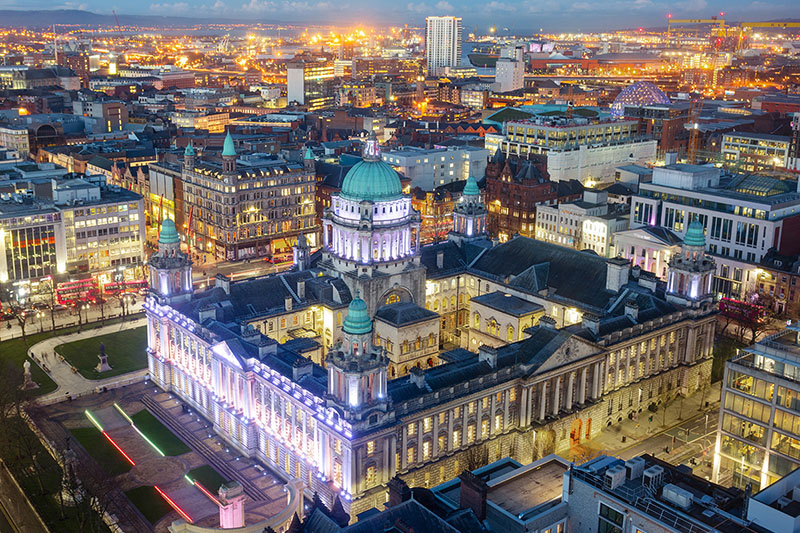
Still ‘Belfast’ is both an important and a very moving film. By reflecting a chaotic and violent event from the past it portrays very well the madness that’s growing in our world today.
